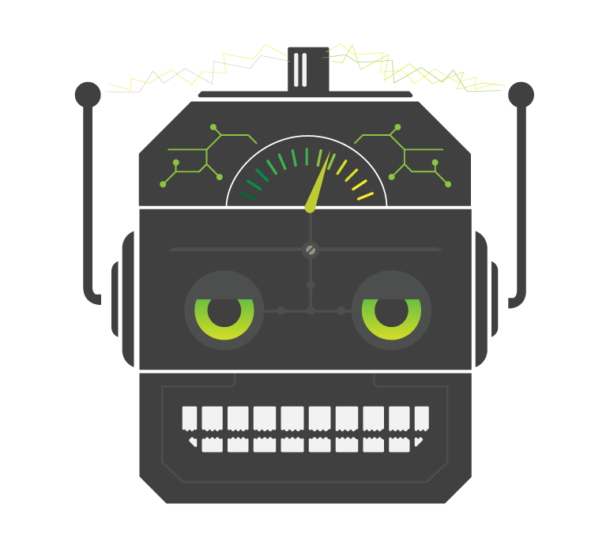
DPL Reading List – July 5, 2019
Each Friday, we share a curated list of articles we found during the past week. Here’s the list of the new and interesting ones we found this week. If there’s an article we’d didn’t include and you think we should read, let us know in the comments below.
This ingenious algorithm outsmarts deepfakes – Advanced computer science is pretty good at spotting faked video. It might even help prevent bad guys from creating it in the first place.
How to reclaim your time to focus on work that really matters – There’s nothing magical here – just 10 practical steps for clearing the road toward deep work.
The Little Things That Affect Our Work Relationships – Our days are made up of “micromoves” which impact our work relationships. Micromoves come in a variety of flavors, either bringing people together or pulling them apart. A disrespectful comment in a team meeting will probably have a greater effect than a missed conference call. Yet all micromoves have the potential to shift coworker relationships.
5 Must-Read Books About the Moon – As we approach the 50th anniversary of the Apollo moon landing, here is one author’s list of must-reads about our celestial neighbor.
Catalyst deep dive: The future of Mac software according to Apple and devs – Ars Technica speaks with the Apple team responsible for Project Catalyst, as well as a few developers who have already made Mac apps using it. They share how Catalyst works, what the future of Apple software looks like, and what users can expect.
Racing Toward Yottabyte Information – Here’s the Greek prefix we’ll soon use to describe the vastness of our data archives. By 2016, the annual global data-creation rate surpassed 16 ZB (a zettabyte is 1021 B), and by 2025, it is expected to rise by another order of magnitude—that is, to about 160 ZB or 1023 B. A yottabyte is 1024 B.
Microsoft’s Ebook Apocalypse Shows the Dark Side of DRM – While Microsoft will be issuing refunds to customers, this situation shows the still-lurking dangers of DRM systems.



